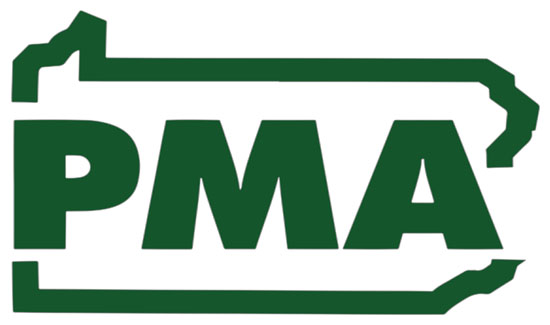Seth Grove Says Lawmakers are Key to Restoring Election Integrity

With the midterm election just a week away, voters have good reasons to mistrust the elections process in Pennsylvania, says State Rep. Seth Grove (R-York), Chair of the House State Government Committee, and prime sponsor of legislation to reform the state’s 85-year-old election code.
“We still have a patchwork of procedures in the counties when they should all be operating under the same user manual set down in legislation,” he said. “The problem is we have a governor who doesn’t think there’s anything wrong with the system.”
The confusion and mistrust could have been avoided. Sweeping election reform legislation (initially HB 1300, and a later version, HB 1800) was introduced to address numerous flaws in the process, which were identified through weeks of hearings and research by the State Government Committee. Gov. Tom Wolf vetoed 1300 in June of 2021.
The result is that the Commonwealth remains saddled with antiquated procedures and controversial guidance from an overreaching state Supreme Court and a partisan Department of State, which oversees elections in the Commonwealth.
“As citizens, we consent to be bound by the results of each election, trusting that the election records the true will of the people as expressed by the voters,” said PMA President & CEO David N. Taylor. “Public confidence in the integrity and accuracy of each election is foundational to our system of representative self-government. Reducing opportunities for fraud and modernizing outdated practices are in the public interest and should be beyond partisan politics.”
The most recent controversy is over undated mail ballots. Acting Secretary of State Leigh Chapman has instructed the counties to count undated ballots even though state law requires voters to sign and date the outside envelopes of the ballots.
The Department’s guidance also flies in the face of an US Supreme Court ruling last month, Ritter v Migliori, that the dating of mail ballots is not a violation of the Materiality Provision of the 1964 Civil Rights Act – meaning that the law is not discriminatory as argued by Democrats. State and national GOP groups have sued to block the ballots from being counted.
“The Wolf administration has continually relied on the state Supreme Court to alter the state’s election laws and happily followed their rulings when it suits his needs,” Grove said in a statement at the time of the SCOTUS ruling. “But when a ruling for the nation’s highest court doesn’t fit his narrative, the administration opts to simply ignore it. This is not how our system of government works.”
The Ritter case stems from 257 undated mail ballots cast in November 2021 in Lehigh County in a race for three open seats on the Common Pleas Court. The Lehigh County Board of Elections ruled that the votes be counted, the reasoning that the failure to date the outer envelopes was a “technical error.”
David Ritter, a Republican candidate, appealed to state court – he was ahead of fourth-place candidate Democrat Zac Cohen by just 71 votes. Under a delayed ruling, he eventually conceded the election.
Another lingering controversy that would have been settled under Grove’s legislation involves drop boxes for mail ballots. Chester County is one of the few counties that acted on it and got it right. There, Common Pleas Judge William Mahon ruled that the boxes must be staffed, have video surveillance and specified hours of availability, not available 24/7. Similar regulations are contained in Grove’s legislation.
Surveillance video from the 2022 Primary Elections shows countless people returning more than one mail-in ballot, often multiple ballots, in violation of state law.
“However, it is frustrating more counties don’t have these measures in place,” Grove said. “They very well could, but Gov. Tom Wolf vetoed the Voting Rights Protection Act (HB 1300), which included drop box policies now being put into effect in Chester County. If he hadn’t wielded his veto pen, all voters across Pennsylvanian would have the same safety measures afforded to only Chester County voters.”
Philadelphia offers another example where election officials are flouting state law; the city is allowing those requesting mail ballots to vote in person on election day, according to a recent Philadelphia Inquirer article.
“This process is fundamentally at odds with Pennsylvania law,” Grove wrote in an October 26 letter to the Philadelphia County Board of Elections. “It exposes our elections to fraud, inviting voters to vote twice and relying on administrators to catch the second vote before it has been counted. It puts voters in legal jeopardy by allowing them to cast two normal ballots, a violation of the law they would not commit if they were to cast both a provisional ballot and a mail-in ballot.”
Finally, Grove said the top election integrity issue, which was addressed in both HBs 1300 and 1800, is a uniform registration validation process on the county level.
“That’s the gatekeeper to the entire voting process,” he said
Grove said that election reform legislation will be reintroduced in the next legislative session, which starts in January, with hopes of being able to work with the next governor.






